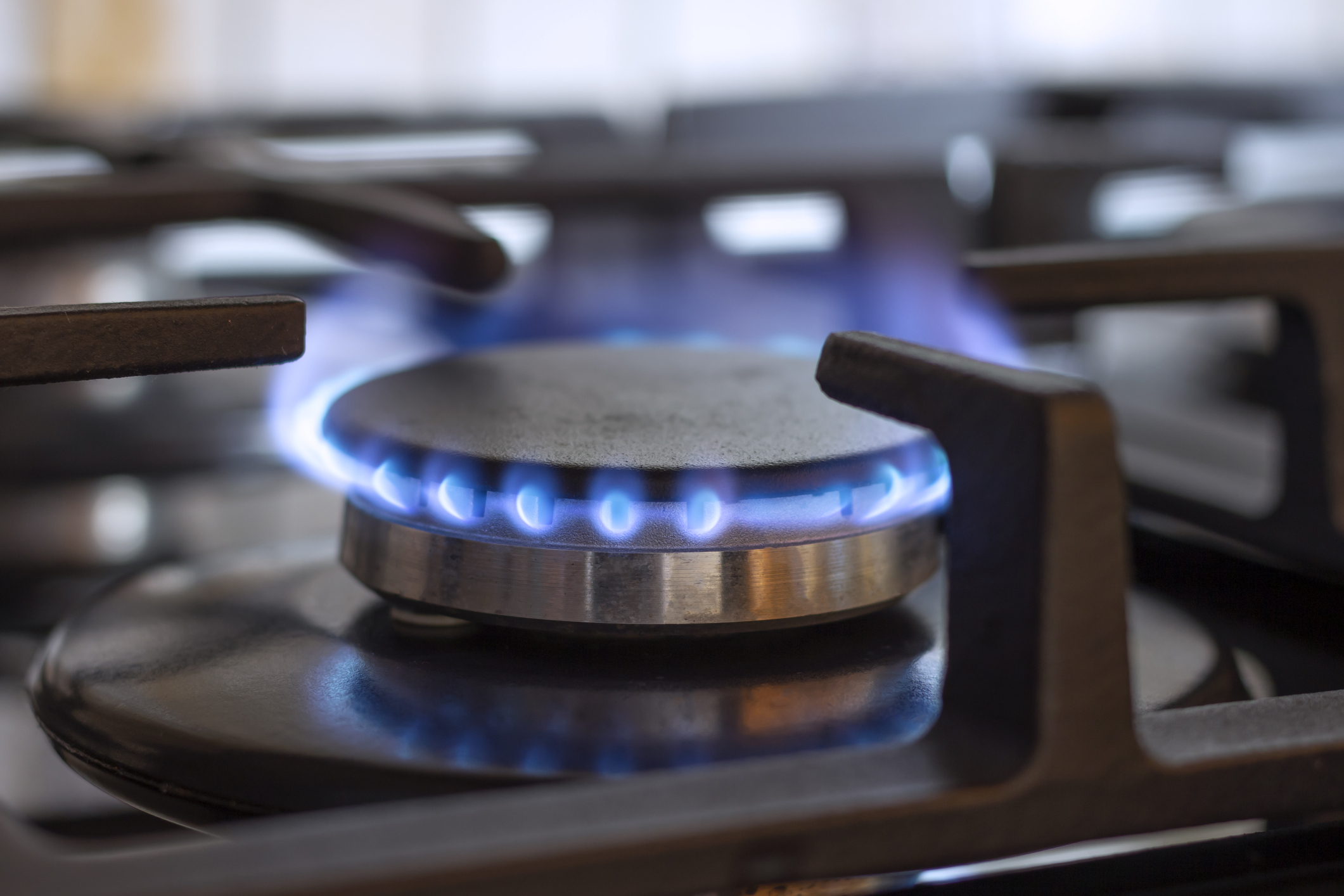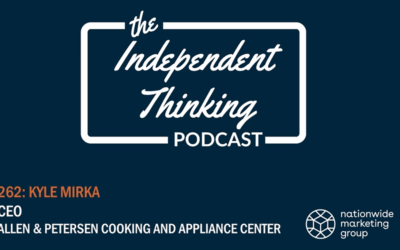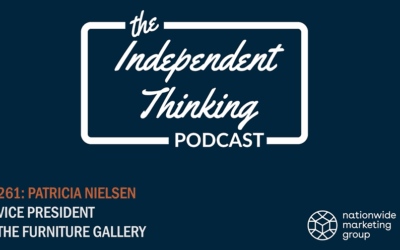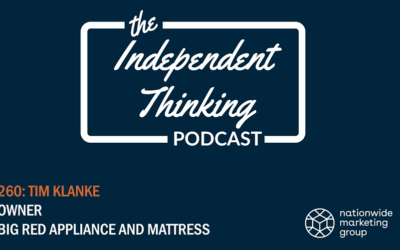As an appliance retailer, we know it is essential that you are able to offer a full range of safe, efficient, high-performing appliances so your customers are able to choose products that best meet their needs for cooking, cleaning, comfort and convenience. By now, you most likely have seen news about the federal government’s efforts to “ban” gas cooking appliances. This refers primarily to the U.S. Department of Energy’s proposed federal energy conservation standard for ranges and cooktops. The DOE denies its proposal is a ban, but the fact is that if the standard were to take effect as proposed, manufacturers would be forced to radically redesign gas ranges and cooktops, removing features such as heavy, continuous grates and multiple large burners that consumers expect.
What would the new ranges mean for your customers? Here are a few examples:
- Longer boiling times. Testing has shown that the time it would take to boil a pot of water would increase by about seven minutes. Over a full year, the standard could cost consumers nearly a full day simply waiting for water to boil.
- Fewer large burners. The standard could mean ranges and cooktops would have no more than one large burner. This is a major inconvenience, of course, especially for large families.
- Possibly no more low-input burners, which are typically used to melt ingredients, simmer and keep foods warm.
The standard, which would save consumers only $1.50 a year, appears to be an attempt to push consumers toward electric and induction ranges and cooktops. It is important to note that as of now, the standard has just been proposed, not finalized.
READ ALSO: No You Don’t Need to Stop Selling Gas Stoves
The gas cooking appliance standard has been generating headlines, but it also is just one piece of an extremely aggressive federal agenda aimed at tightening regulations on appliances. In addition to gas and electric cooking appliances, the DOE is currently considering or has established new, incredibly stringent energy conservation standards for the following appliances: clothes washers and dryers, dishwashers, room air conditioners, microwaves, refrigerators, freezers and small refrigeration products like wine coolers and ice makers. The DOE’s proposed standard for clothes washers could result in radical redesigns like the loss of agitators and the elimination of more affordable models. The redesigns to appliances that could result may lead consumers to alter their purchasing decisions. Some may instead opt to buy older, used appliances, rent appliances or delay replacement. Consumer satisfaction may suffer in exchange for negligible energy savings.
RELATED READ: House passes bill to block federal gas stove ban
Retailers, manufacturers and appliance owners all could feel the effects of the DOE’s aggressive approach. AHAM supports the federal Appliance Standards Program. Due to a combination of the program and manufacturer innovation, many appliances are operating at or near peak efficiency. Some examples of these achievements are:
- Modern refrigerators that use half as much energy—less than a 60-watt incandescent light bulb—than models of a few decades ago.
- Clothes washers that are 70 percent more efficient and hold 50 percent more laundry than models of two decades ago.
- Dishwashers that use only between three and five gallons of water, a fraction of the water used to hand-wash dishes.
In many cases, the proposed efficiency mandates will come at the expense of appliance performance, features and in many cases, product cost. Consumers, who already are experiencing the impact of inflation, will bear the burden of these rules. AHAM is working to ensure that more reasonable standards are set so that you are able to offer your customers a full range of products with the performance and features they expect, at a cost they can afford.
This article was submitted to Nationwide Marketing Group by the Association for Home Appliance Manufacturers.




